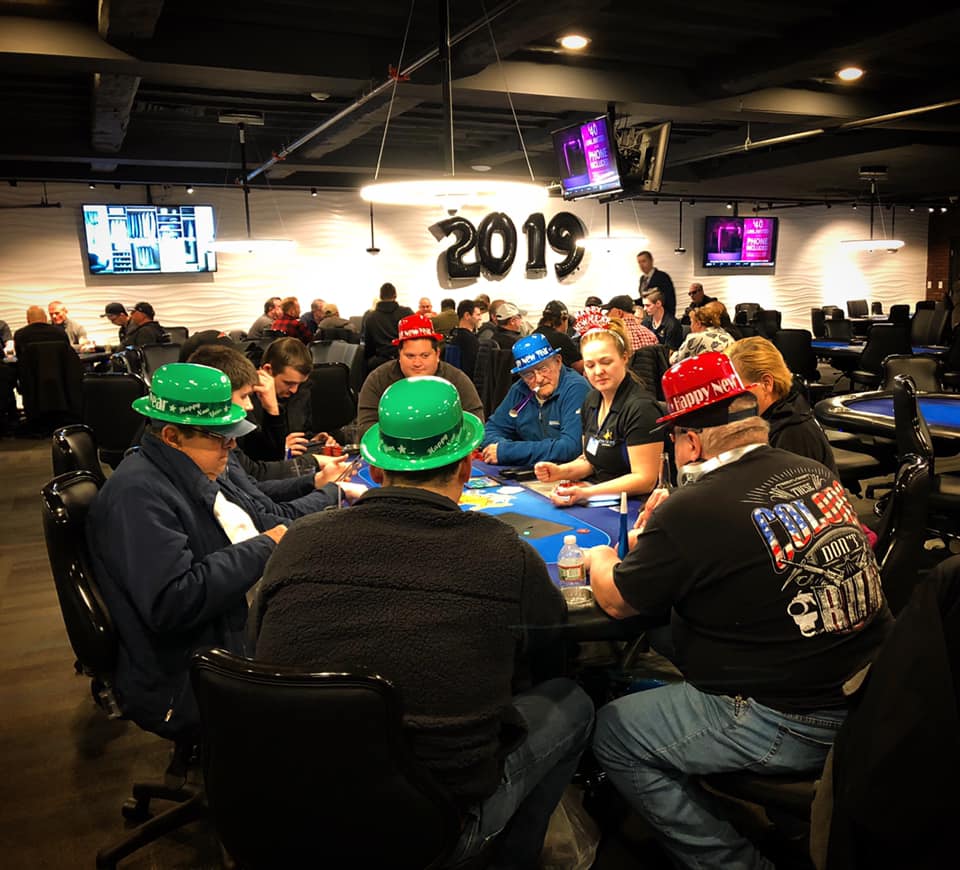Limit Hold Em Cash Game Strategy
Rules of the Game
This is a part of Damian Poker Guide. In this part I play limit holdem poker cash game. I will show you a new strategy I making. In the end of the video I wi. My book, The Course: Serious Hold ‘Em Strategy For Smart Players, is a practical guide to winning in live no-limit cash games. It starts with what you need to stop losing at $1-$2, and it adds on skills until you get to what you need to beat $5-$10. I’m devoting a few articles to give you a taste for my recipe to conquer everyday cash games.
Before the Moneymaker poker boom in 2003, Limit Hold’em (LHE) was the king of the cash game world. Unquestionably No Limit Hold’em (NLHE) has taken over; however limit is still going strong on the East Coast, California, and a few Midwest locations. It is a fun quick game and only requires a handful of action players to create a lot of large sized pots.

It’s inclusion in cash mixed games has declined, however some poker rooms still spread a regular HOE (Hold’em; Omaha Eight or Better; Stud Eight or Better) game and the World Series of Poker (WSOP) still has many events that contain the game either on its own or has part of a mix.
Basic Strategy
Limit Hold’em is a game of big cards, aggression, isolation, and thin value betting. When compared with No Limit, hands that build big pairs such as AK, KQ, and AQ go up in value and implied odds type of hands such as small pairs and suited connectors go down. Top pair can be a tricky hand to play in NLHE but are your main bread and butter hands in limit. Small pairs and suited connectors are only profitable in multi-way pots or possibly heads-up situations against non-sticky opponents. Their potential is limited because when they hit you do not have the potential to win your opponent’s entire stack.
Variance is very high in LHE; due to the limit structure you are often forced to see the hand all the way to end due to tremendous pot odds that you are receiving at every step of the way. This can create a dilemma in mixed game tournaments if you feel your edge is larger in the non LHE games. For example, suppose you are in the middle stages of a HORSE tournament at the WSOP. You start the hand with around 15 big bets and hold 7♥6♥ in the big blind. An aggressive player opens on the button. This is an easy defend in a cash game but in your current tournament situation this is a marginal situation due to your “limited bankroll”. The problem is that when you flop a pair, most of the time the board is such that you must play it as the best hand but it can be very expensive the times when it is not.
Starting Hand Standards
A reasonable set of hands to open-raise by position is as follows:
Early Position – More than 6 players: (7% Hands)
- 99+
- ATs+, AQo+
- KQs
“LoJack” – UTG in 6 Max: (16% Hands)
- 66+
- A7s+, A9o+
- KTs+, KTo+
- QTs+, QJo+
- JTs
Hijack: (22% Hands)
- 55+
- A5s+, A7o+
- K8s+, KTo+
- Q9s+, QTo+
- JTs, J9s, T9s, 98s

No Limit Hold Em Strategy
Cut-off: (32% Hands)
Free No Limit Hold Em
- Any Pair (22+)
- A2s+, A4o+
- K5s+, K9o+
- Q9s+, QTo+
- J8s+, J9o+
- T9s, T8s, 98s, 97s, 87s, 76s
Button: (41% Hands)
- Any Pair (22+)
- Any Ace (A2s+, A2o+)
- K2s+, K8o+
- Q5s+, Q9o+
- J7s+, J9o+
- T8s+, T9o
- 97s+, 98o
- 87s, 86s, 76s, 75s, 65s
Further Learning
Hold’em Poker For Advanced Players by Mason Malmuth and David Sklansky, (Rating 8/10) – This is an older book but it is still highly relevant for live full ring games spread $40/$80 and below. Some may consider this book to be outdated, but that is not true as it presents important core concepts that will always apply.
Winning in Tough Hold’em Games by Nick Grudzien and Geoff Herzog, (Rating 8/10) – Much of this resource focuses on shorthanded higher limit games. Over the years it has fallen out of favor among LHE specialists because several concepts such as the “Free Showdown Raise” are now considered sub optimal. Even if that is true it is an important resource as some players may still make these plays against you so it helps to get inside their minds. But we at countingouts.com do not fully agree that the “debate is over” on this and other topics. The turn is always the most challenging street to play well and playing against someone who often raises it is not a pleasant situation. This book really does a good job at making you think about various situations and it’s important to not blindly follow whatever the herd is currently advocating.